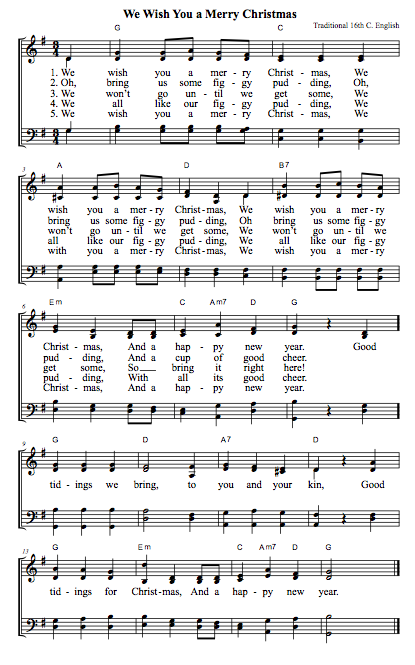For the Sunday morning breakout session at the Religious Education Association conference, I attended Tom Groome’s workshop titled (somewhat mysteriously) “Teaching to ‘Learn From’ Religious Traditions.”
Groome began by asking the question: How do you go about teaching religion in the schools? What is an appropriate pedagogy? He said he wanted a pedagogy that could work in either a public school or a private school, with diverse student populations, a pedagogy in which one could teach any given religious tradition without proselytizing.
More specifically, he wanted to teach religion such that students would become better people within their own tradition (or within their lack of religious tradition). He told a story about a Muslim student named Mohammed who had been in his class on Catholicism at Boston College. Groome told Mohammed that he wanted him to become a better Muslim through learning about Catholicism from his Catholic professor. Some years later Mohammed told Groom that indeed he had become a better Muslim because of that class. This is Groome’s ideal for teaching religion in the schools.
Groome said that they Enlightenment gave us two option: we could learn about religion, or we could learn to become part of a given religion. These two options come, in part, from Katn’s distinction between pure and practical reason. However, Groome takes seriously the feminist eopistemologists who pointed out the objective viewpoint of Kant’s pure reason does not really exist — “there is no view from nowhere.” Thus Groome proposes a third option on which to base an appropriate pedagogy: to learn from religions for your own life.
In other words, Groome called for a pedagogy that would teach religions as “great spiritual wisdoms for life,” rather than presenting them as data or history. “They’re not just a cognitive exercise,” he said, but rather a way for students to learn from other traditions in order to enrich their own traditions.
As an example, he spoke about how one might teach about the Muslim practice of Zakat; this is the practice of giving away 2-1/2% of one’s capital each year to persons in need. This spiritual practice not only promotes charity, it also promotes non-attachment to material goods, and it teaches about the ultimate power of God (i.e., it is God who really owns whatever material possessions one has). Groome said if he were teaching Zakat, he might begin be having the students name what they know about people who are in need, and then teach them Zakat as one religious response to poverty and need. “The learning outcome,” he said, “is that you’re going to encourage their own discernment about poverty.”
The workshop participants engaged in lively discussion with Groome.
There was some discussion about Groome’s theoretical underpinnings for his pedagogy, and one participant (I didn’t get his name) could not agree with Groome’s tendency towards universalism, i.e., that there is a common thread running through all religions. However, after some discussion it seemed clear that even people like me who tend to follow Mark Heim and Stephen Prothero in asserting that religions do not have a universal end or goal could still effectively use Groome’s pedagogical approach.
I asked about assessing learning outcomes, and Groome acknowledged that you can’t test or assess for the student’s own feeling — i.e., you can’t assess whether they have become, or will become, more humane — but you can test them for the data. However, pedagogy need not be driven completely by assessment.
Catherine Owens of Episcopal Divinity School pointed out that so many young adults today are unaffiliated, and having no grounding in any religious tradition, they are “appropriating bits and pieces from religions” (I would be blunt, and say they are often misappopriating) to build their own spiritual life. Therefore, part of what we need to do is to, as it were, expose them to the real thing.
I was sitting next to Kevin Sandberg, and in the time for small group discussion he suggested a “pedagogy of friendship” to supplement Groome’s pedagogy. I liked this formulation, and am thinking about how one might teach using a “pedagogy of friendship.”

